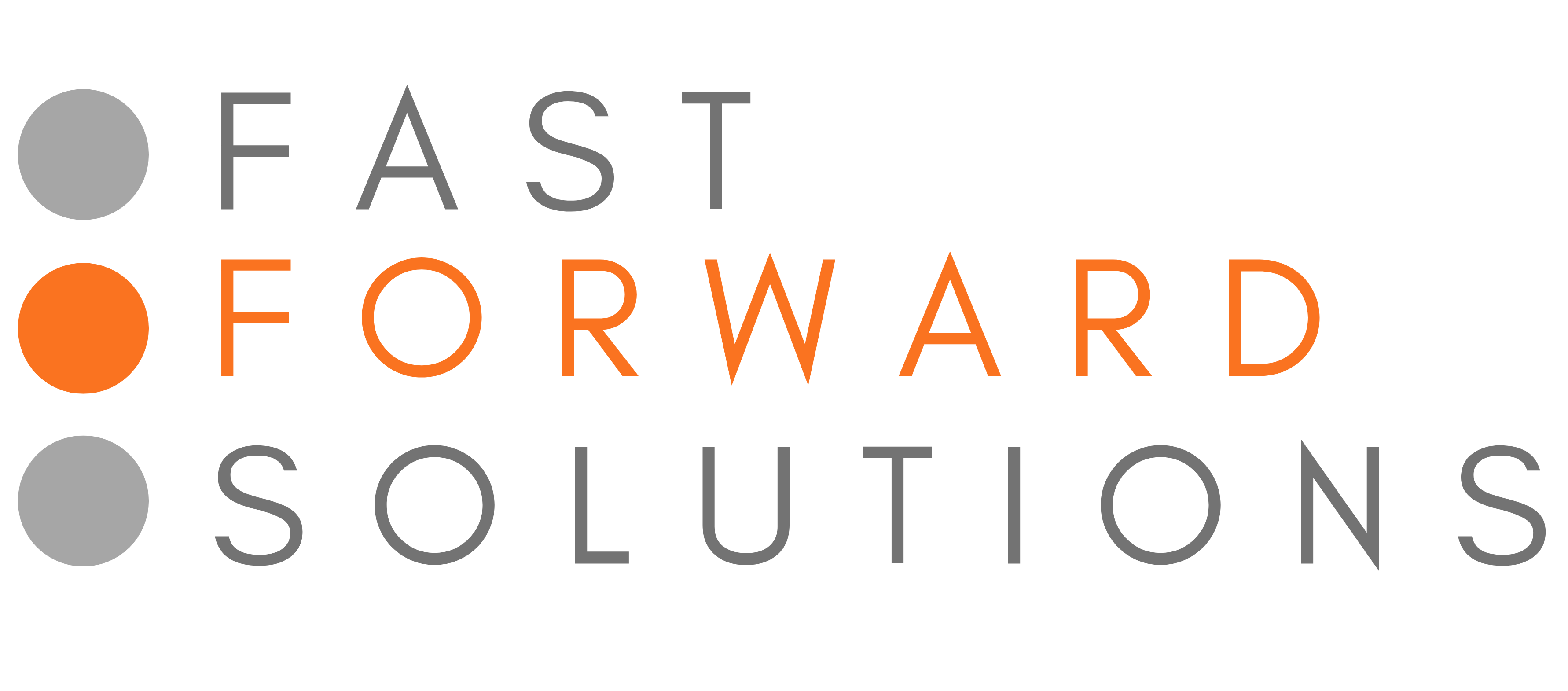Introduction
Today's business environment requires from company leaders not only industry knowledge, but also the ability to effectively manage human resources, especially in the context of recruitment. Adequate planning and execution of recruitment processes are crucial for companies to remain competitive and innovative. However, many companies are still unaware of the real costs that recruitment entails - both direct and less obvious, indirect costs. The purpose of this article is to dispel myths about recruitment costs and show how optimizing recruitment costs supports company efficiency.
Myth 1: Recruitment costs end with finding a candidate
Many companies mistakenly assume that the biggest recruiting expenses are those they spend on just finding a candidate, such as the cost of advertisements or recruitment agencies. But the reality is more complex, encompassing more than just the aforementioned costs. These costs also include the time that managers and HR teams spend reviewing resumes, conducting interviews and finalizing hiring processes. In addition, once a new employee is hired, companies must also invest in their training and adaptation, which also generates costs. Optimizing the recruitment process should therefore include all these aspects, not just the moment of finding a candidate.
Myth 2: More candidates means better recruitment results
A common misconception is that the greater the number of candidates involved in the recruitment process, the greater the chance of finding the perfect employee. However, an excess of applications can result in a significant increase in costs and time spent on selection, which does not always translate into quality results. It is more effective to focus on the quality of candidates rather than quantity, which can be achieved by more precisely targeting ads and better defining selection criteria. These measures not only reduce the time it takes to sift through resumes, but also increase the likelihood of finding a candidate who fits the company's culture and values.
Myth 3: Only large investments in recruitment tools guarantee success
Many organizations believe that recruitment success is directly proportional to investment in advanced recruitment systems and tools. While modern technologies can greatly improve recruitment processes, the key to using them effectively is to properly understand the needs and specifics of the company. Investing in expensive software without a strategic plan and an understanding of how these tools can serve the organization's specific goals often leads to unnecessary spending. Effectively optimizing recruitment costs, therefore, requires a balance between technological solutions and an understanding of the human aspect of recruitment.
Myth 4: A quick recruitment process is always better
While the speed of the recruitment process is often seen as an asset, it is worth considering whether shortening the process has negative consequences. Fast procedures can lead to insufficient analysis of candidates, which increases the risk of poor recruitment decisions. Such hasty decisions can generate additional costs associated with subsequent recruitments or lower productivity and engagement of inappropriately matched employees. Optimizing the recruitment process requires finding the golden mean, where time is used efficiently, but not at the expense of quality and accuracy of selection.
Myth 5: The cost of recruitment is just an expense, not an investment
Treating recruitment costs solely as an expense, rather than an investment, is one of the most common mistakes in managing companies. Effective recruitment translates into increased competence of teams, improved work performance and increased innovation in the company. Investments in the recruitment process, which include not only the right tools, but also the development of recruiters' skills, can bring long-term benefits. Effective talent management is the foundation on which an organization's lasting success is built. Understanding that every penny spent on thoughtful recruitment efforts can yield a return many times over is crucial for modern business leaders.
Summary
Effective optimization of recruitment costs is a key component of any rapidly growing company's growth strategy. Dispelling recruitment myths allows leaders to make more informed and effective decisions that directly translate into better financial and operational results for the organization. Optimizing the recruitment process requires not only the use of modern tools and technology, but also a deep understanding and commitment to developing the competencies of HR teams. Turning recruitment into a strategic investment enables building teams that are ready for future challenges and market changes, contributing to the long-term success of the company.
Make an appointment for a free consultation
Take advantage of our free consultation and find out how we can help you with this challenge.
Schedule a 15-minute online meeting and start building your dream team with our help


Latest comments